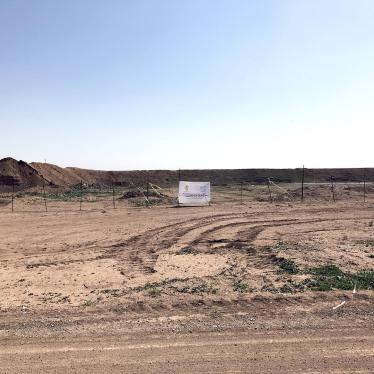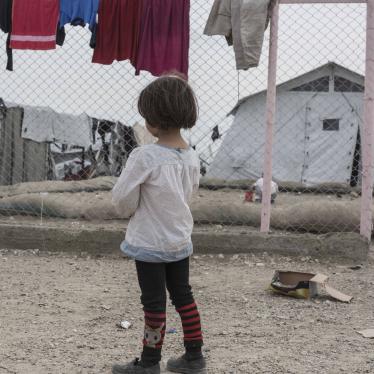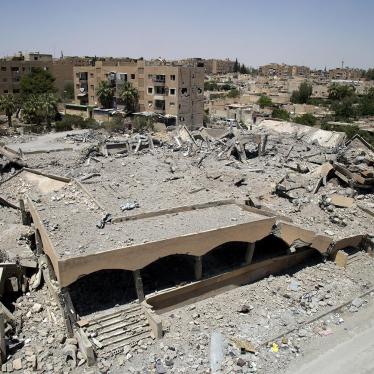Today marks 1,000 days since the United States-led coalition began military operations against the Islamic State (also known as ISIS) in Iraq and Syria. During this time, Iraqi, Kurdish, and other ground forces supported by coalition members have committed serious abuses including arbitrary detentions, enforced disappearances, forced displacement, and the use of child soldiers. ISIS has committed murder, torture, and systematic rape, among other atrocities.
At the same time, mounting civilian deaths in recent months have raised concerns about the way the coalition is fighting the battle. The meeting tomorrow between Australian Prime Minister Malcolm Turnbull and US President Donald Trump is an opportunity for the two countries to better ensure protection of civilians, including addressing a troubling recent change in the targeting process that increases civilian risk.
In December 2016, the US reportedly made procedural changes removing the requirement that a “strike cell” in Baghdad – a key collection point for coalition information – approve certain strikes in Iraq. That means the US is now carrying out some strikes without the benefit of the cell’s information and targeting recommendations. Turnbull and other coalition leaders should urge Trump to roll back the change. This is particularly important given the high risk to civilians in densely populated western Mosul, the current focus of military action.
Both Trump and Turnbull can also better ensure all feasible precautions are taken to minimize civilian loss during attacks. When conducting airstrikes, the US, Australia, and other coalition members should use all available means to verify the presence and location of combatants as well as civilians in the immediate area. To further reduce the chance of civilian deaths, casualty estimates made prior to a strike should take into account that many civilians remain trapped in ISIS-held territory and may not be readily observable. Surveillance, intelligence, and reconnaissance efforts should be dedicated to conducting “pattern of life” analyses, locating and tracking civilians moving in and out of potential and future target areas in advance of operations to reduce the risk of civilian casualties.
This week, the Australian Defence Force announced it will publish a twice monthly report on Australian strikes, summarizing the targets and locations in Iraq and Syria struck by Australian aircraft. While this is a step in the right direction, Australia’s transparency on civilian casualties has been woefully lacking.
In addition to the initial investigation into civilian casualties the coalition does, each coalition member should thoroughly investigate reported civilian deaths, and in the case of wrongdoing, hold those personnel responsible to account. Both Trump and Turnbull should commit to providing compensation for wrongful civilian deaths and injuries as required by international law, and appropriate “condolence” or ex gratia payments for other civilian harm.









